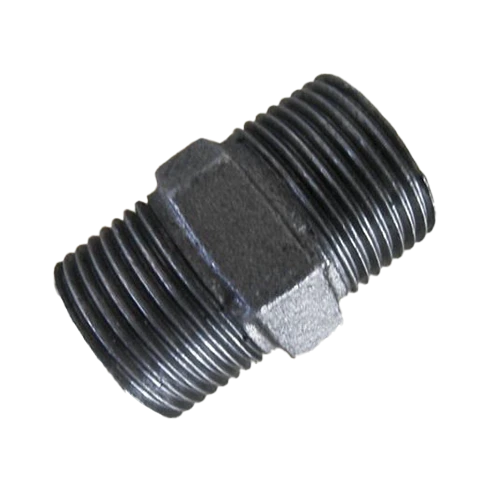Mobile:+86-311-808-126-83
Email:info@ydcastings.com
steel pipe caps and plugs
Understanding Steel Pipe Caps and Plugs Their Importance and Applications
Steel pipe caps and plugs are essential components in various industries, serving a crucial function in the management of pipe systems. This article explores what steel pipe caps and plugs are, their importance, and various applications across different sectors.
What Are Steel Pipe Caps and Plugs?
Steel pipe caps and plugs are fittings used to seal off the ends of pipes. Pipe caps are typically used to cover the opening of a pipe completely, forming a seal that prevents the entry of external contaminants and the escape of fluids. On the other hand, plugs are designed to block the flow of fluid through a pipeline but usually feature a more streamlined design. Both caps and plugs can be manufactured from various materials, including carbon steel, stainless steel, and alloy steel, depending on the application and environmental conditions they must withstand.
Importance of Steel Pipe Caps and Plugs
1. Protection against Contaminants One of the primary reasons to use pipe caps and plugs is to protect internal components of a piping system from contaminants, moisture, and dirt. This is especially important during transportation or when a pipeline is temporarily taken offline.
2. Pressure Maintenance In systems that operate under high pressure, sealing the ends of pipes is crucial for maintaining the internal pressure. Steel caps and plugs provide a durable and reliable solution for ensuring the integrity of high-pressure systems.
3. Safety In industrial applications, safety is a top priority. Caps and plugs prevent accidental spillage and leaks, which could pose hazards to workers and the environment. By securely sealing pipe ends, these fittings act as a safeguard against potential accidents.
4. Cost-Effectiveness Using caps and plugs can be cost-effective in the long run. By preventing contamination and maintaining the integrity of piping systems, these fittings reduce the likelihood of repairs and replacements, ultimately saving on operational costs.
Applications of Steel Pipe Caps and Plugs
Steel pipe caps and plugs are utilized across numerous industries, including
steel pipe caps and plugs

1. Oil and Gas Industry In the oil and gas sector, pipe caps and plugs are vital for managing pipelines, especially during maintenance or when segments of the pipelines need to be isolated. They ensure that pressure is maintained and that hazardous substances do not leak.
2. Construction In construction, caps and plugs are often used to seal pipes during delays in project timelines. They help protect the integrity of the pipes until installation is complete and prevent unnecessary expenditures related to damage and repair.
3. Water Treatment Facilities These fittings are commonly used in water treatment plants to secure water piping systems. They ensure that the systems operate effectively and safely, preventing unintentional leaks during treatment processes.
4. Manufacturing and Industrial Processes In various manufacturing scenarios, steel pipe caps and plugs play a role in fluid transport systems. They help prevent contamination in processes that rely on liquid materials, ensuring product quality and adherence to safety standards.
5. Automotive and Aerospace In both automotive and aerospace applications, caps and plugs are used in hydraulic and fuel lines to maintain system integrity, especially during component testing and storage.
Choosing the Right Cap or Plug
When selecting the appropriate pipe cap or plug, several factors should be considered
- Material Depending on the application, the choice of material can be critical. Stainless steel caps and plugs are ideal for corrosive environments, while carbon steel may suffice for standard applications. - Size and Thread Type It's essential to ensure that the caps and plugs fit the pipe dimensions and corresponding thread specifications. Mismatched fittings can lead to leaks and failure of the piping system. - Temperature and Pressure Ratings Assess the operating conditions of the specific application to choose caps and plugs that can withstand the required temperature and pressure levels.
Conclusion
Steel pipe caps and plugs are indispensable components of modern piping systems. Their roles in protecting infrastructure, ensuring safety, and maintaining efficiency highlight their significance across various industries. By understanding their functions, the importance of choosing the right fittings becomes clear, ensuring that systems run smoothly and safely for years to come.
-
Understanding Metal Casting TechniquesNewsApr.02,2025
-
Understanding Exhaust Manifolds for Enhanced Engine PerformanceNewsApr.02,2025
-
The World of Metal FabricationNewsApr.02,2025
-
Key Components for Pump and Turbo EfficiencyNewsApr.02,2025
-
Essential Tools for Automotive Maintenance and RepairNewsApr.02,2025
-
Durable Valve Components for Effective Water ManagementNewsApr.02,2025











